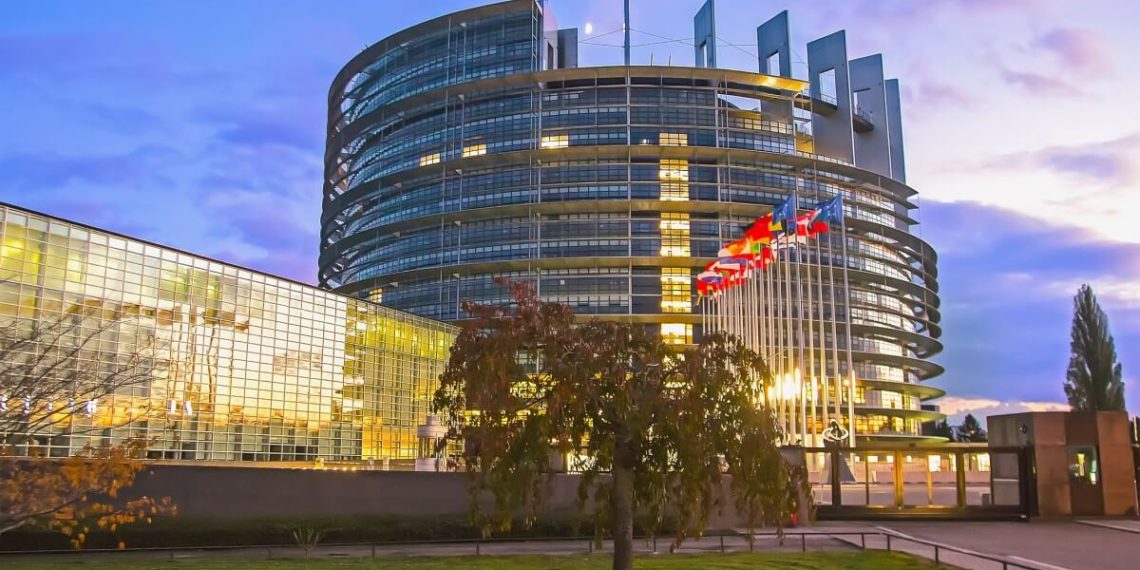The European Union Parliament and the presidency of the Council of the EU have reached a deal on an updated Schengen Borders Code to reduce the number of temporarily reintroduced internal border controls across the Schengen Area. This provisional agreement will be sent for confirmation to Coreper, which consists of the member state’s representatives in the Council.
The Rapporteur on the issue Sylvie Guillaume noted that the updated agreement will protect the freedom of movement that has been jeopardised in the past ten years, insisting on clear and limited timelines for internal border controls and harmonised procedures to be applied at external borders in cases of future pandemics.
Belgian Minister of the Interior, Annelies Verlinden, believes the agreement will strengthen the Schengen Area’s two main pillars – freedom of movement and security at external borders.
The agreement stipulates that Member States should only introduce controls at the internal borders in cases of a proven serious threat to internal security, and the controls will be limited to a maximum of one month and cannot be prolonged for more than three months. Controls for foreseeable threats could be introduced for a period of six months, for no more than two continuous years, and in major exceptional situations, controls may be prolonged beyond two years for a maximum of six additional months, renewable once for a total duration of one year.
In addition to regulating reintroduction of internal borders, the updated code includes measures to address the instrumentalization of migrants, a new transfer procedure for irregular migrants, and travel restrictions for non-EU nationals in cases of major health emergencies.
The agreement between the Council and Parliament negotiators follows a proposal by the Commission to increase Schengen Visa fees by 12.5 per cent, which will not affect visa facilitation agreements currently in force with several third countries. This is an important step towards clarifying and strengthening the two pillars of the Schengen area and updating border regulations in the face of future challenges.
Still have some travel questions? Ask in our Travel WhatsApp Group.








